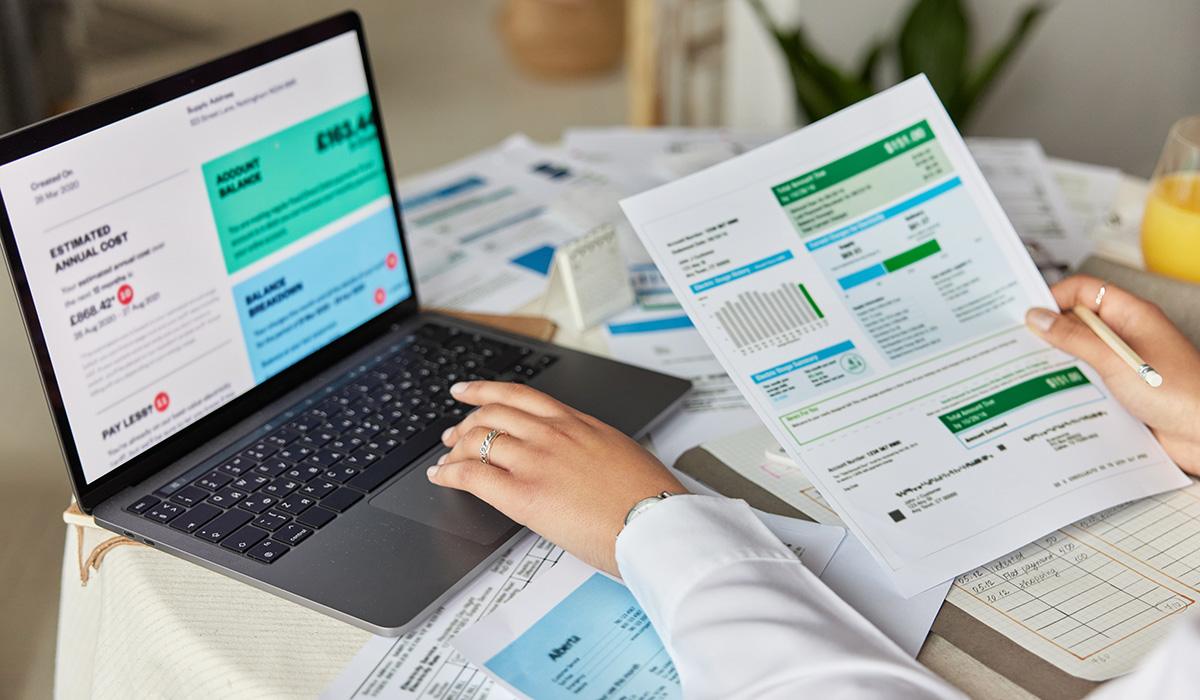Consolidated e-Invoice [Issue 1 of 2]
With the introduction of the e-Invoice system, suppliers are required to issue an e-Invoice for all transactions. However, in some cases, certain buyers such as individual customers or specific businesses may not require an e-Invoice as proof of expense.
To simplify compliance for suppliers and reduce the administrative burden for both parties, the Inland Revenue Board of Malaysia (IRBM) allows suppliers to consolidate transactions with buyers who do not need an e-Invoice into a monthly consolidated e-Invoice. This consolidated e-Invoice serves as a summary of all invoices and receipts issued by the supplier during the month. Multiple consolidated e-Invoices can be submitted during a given month based on the volume of transactions.
For buyers who do not need an e-Invoice, suppliers will issue a regular receipt, following the current business practice. However, these receipts are not required to be submitted for validation to the IRBM, as they do not qualify as e-Invoices.
Suppliers are allowed to group transactions with such buyers on a monthly basis and submit the consolidated e-Invoice to the IRBM within seven (7) calendar days after the end of the month.
It is important to note that this consolidation process does not apply to self-billed e-Invoices, except in the following situations:
- Transactions with individuals who are not engaged in business activities.
- Interest payments made to the general public, including both businesses and individuals.
- Claims, compensation, or benefit payments from insurance companies to individuals who are not conducting business.
Additionally, some types of transactions require an e-Invoice for each individual sale or service provided, meaning consolidation is not allowed in those instances.
Stay tune for the upcoming newsletter, we will share with you more on business activities not allowed to issue consolidated e-Invoice.














